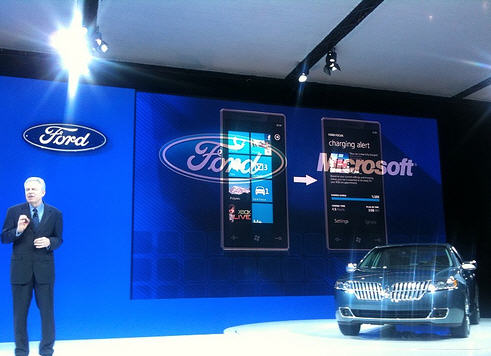Google vs. Microsoft's next battleground: Your personal power grid

Ford will use Microsoft's Hohm energy management application for its electric vehicles. T
Here's general idea behind the Ford-Microsoft partnership as noted by Andrew Nusca at Smart Planet (Techmeme):
- Ford will use Microsoft's Hohm energy management application for its electric vehicles, notably the Focus Electric coming in 2011.
- The software will help electric car owners plot the best times to charge their vehicles.
- The aim would be to lessen the strain on the grid and help auto owners cut down on their power bills.
Ford CEO Alan Mulally, a headliner at the New York Auto Show, said:
“For Ford, this is a needed step in the development of the infrastructure that will make electric vehicles viable.”
Sound a bit familiar? It should. Google is aiming to do something similar with power consumption with an initiative launched a little more than a year ago. The search giant has a PowerMeter effort---a free energy monitoring tool.
The general concept here is the same. Hook up with utilities and have consumer track their power usage. The challenges are the same: Both Google and Microsoft lack enough partners to make their energy tracking systems a reality for most of us. Google's PowerMeter is working through utilities and monitoring device makers. For me, neither Google PowerMeter nor Microsoft's Hohm had any local partnerships with utilities that would make their systems work. Google's big pitch goes like this:
The approaches with Microsoft and Google may differ, but both obviously want to tap into your personal grid.
Also see: Ford: Solving the Internet's 'last inch' problem at 70 mph
Today, there are two paths to your personal grid. First, you can partner with utilities. Progress on that front has been mixed so far. In addition, you can go through the back door---or garage door---via things like the Focus Electric. Microsoft may be on to something with the garage door approach given that there are a lot of hybrids and electric vehicles to be sold in the next 10 years.
More reading: